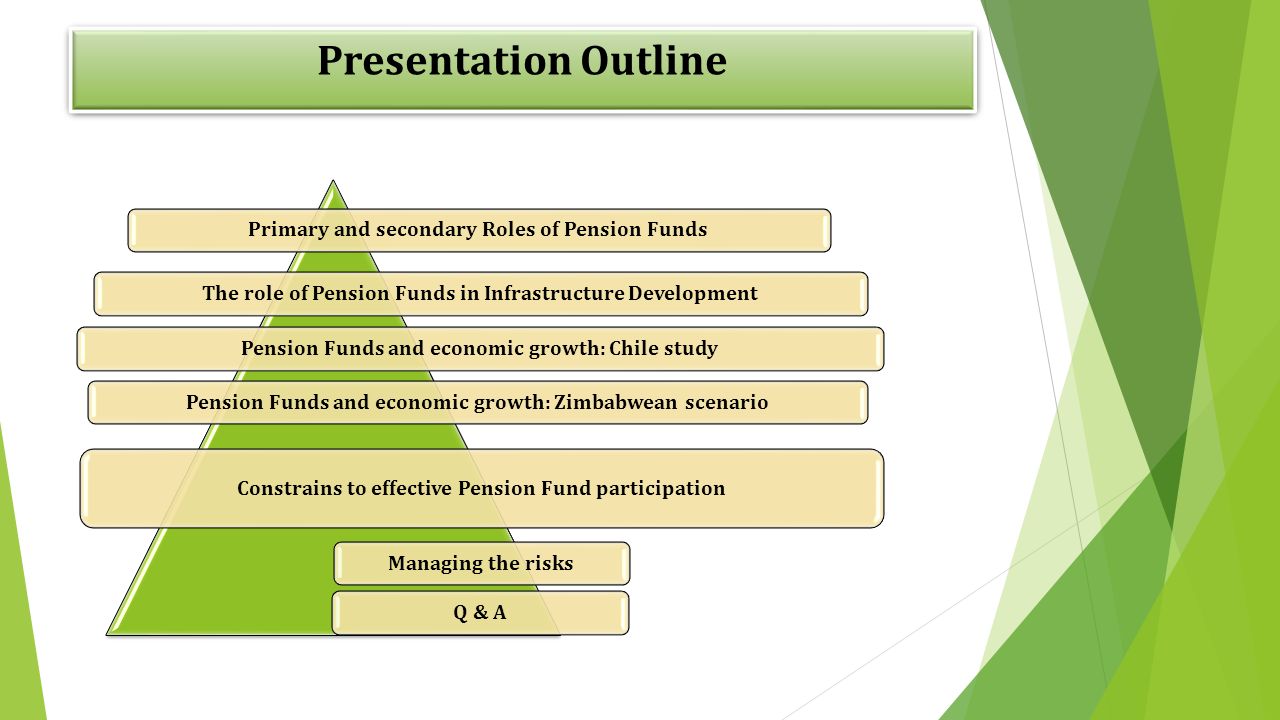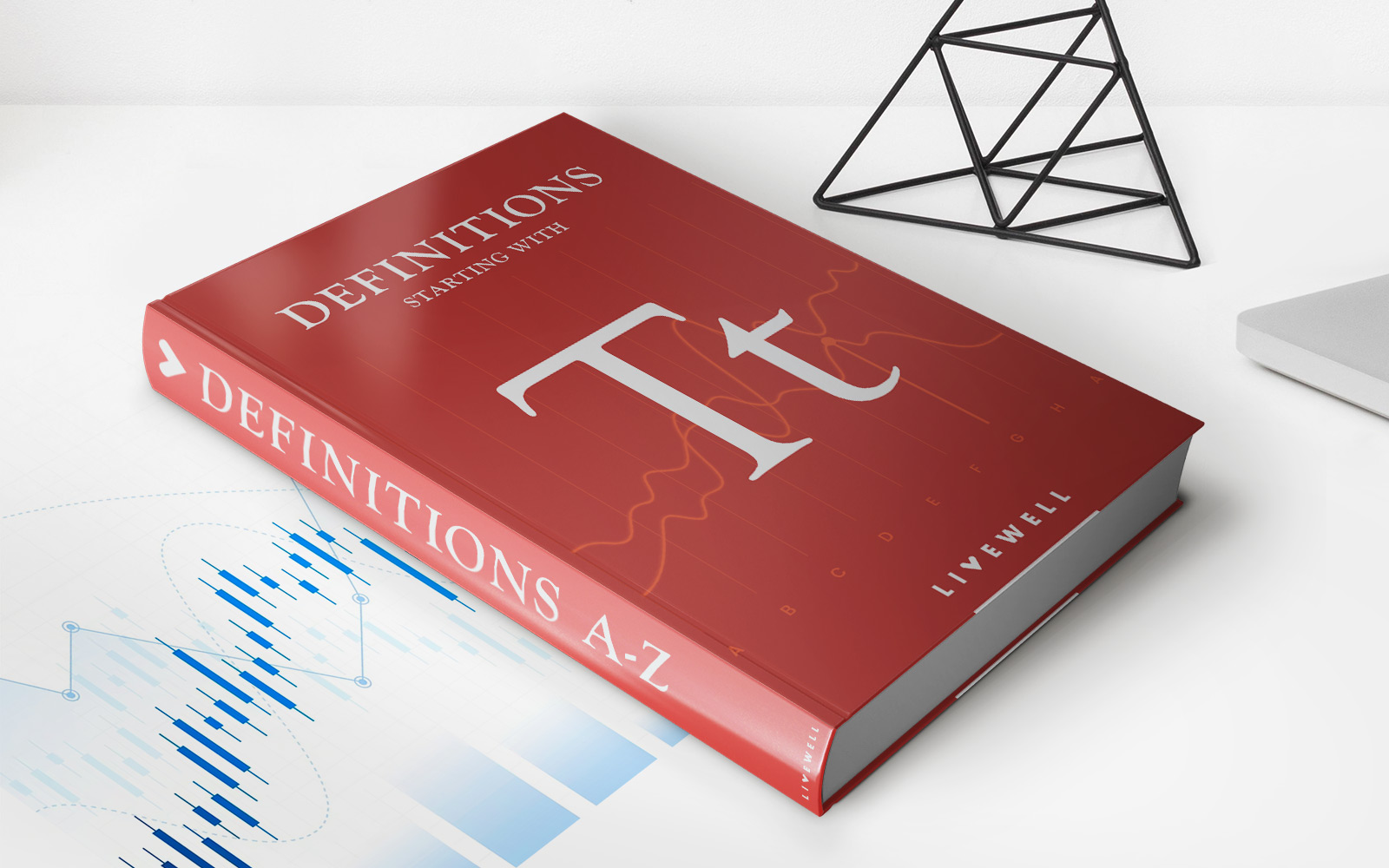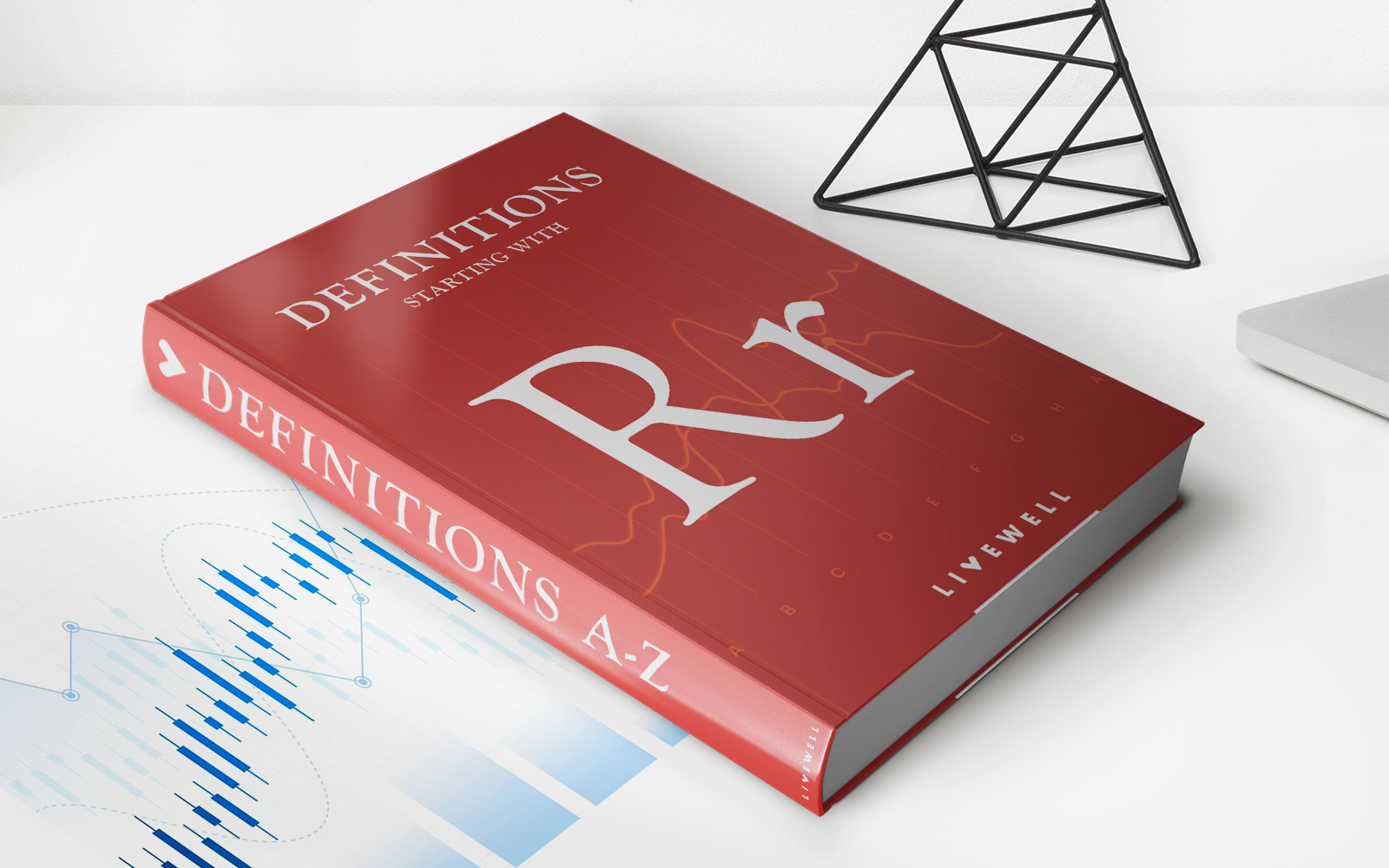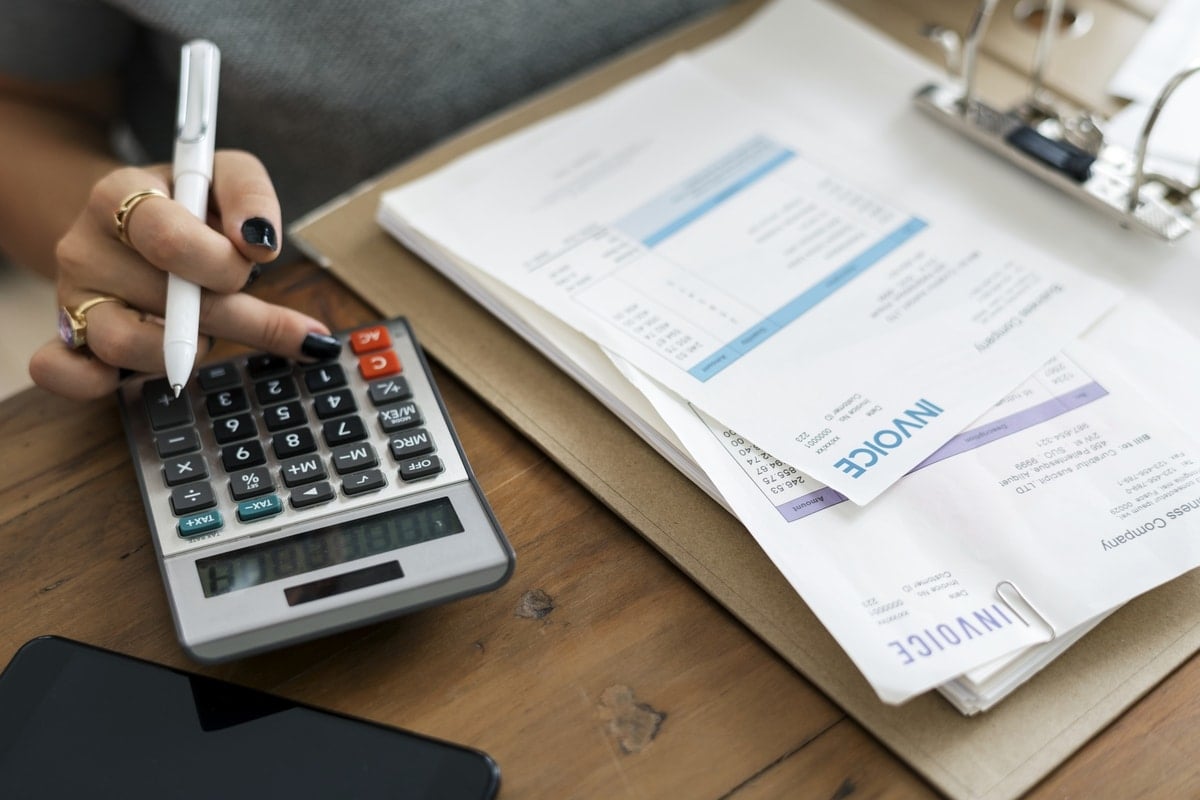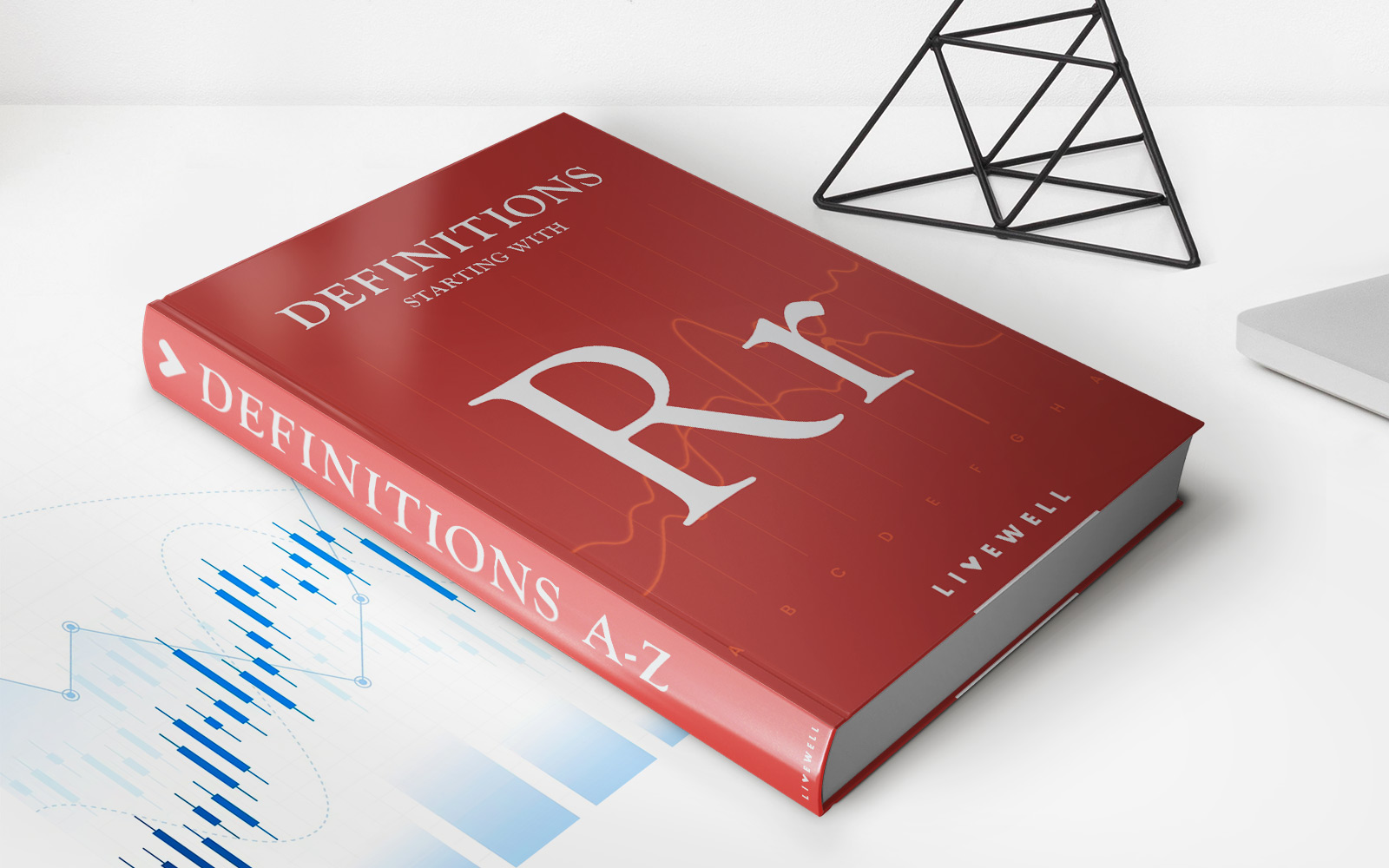Home>Finance>What Is An Economist? Definition, Role, Duties, And Influence


Finance
What Is An Economist? Definition, Role, Duties, And Influence
Published: November 16, 2023
Discover the definition, role, duties, and influence of an economist in the finance industry. Gain insights into the fascinating world of finance and its impact on our economy.
(Many of the links in this article redirect to a specific reviewed product. Your purchase of these products through affiliate links helps to generate commission for LiveWell, at no extra cost. Learn more)
What Is an Economist? Definition, Role, Duties, and Influence
If you’ve ever wondered what an economist does or how they contribute to our society, you’ve come to the right place. In this blog post, we will explore the definition, role, duties, and influence of economists. So let’s dive right in!
Key Takeaways:
- An economist is a professional who studies and analyzes the production, distribution, and consumption of goods and services.
- They use economic theories, models, and data to provide insights and forecasts that can guide businesses, policymakers, and individuals in making informed decisions.
The Definition of an Economist
An economist is someone skilled in the field of economics, a social science that deals with the production, distribution, and consumption of goods and services. These professionals study how individuals, businesses, governments, and societies allocate resources to satisfy their needs and wants.
While economics as a discipline encompasses many different areas, economists often specialize in specific fields such as macroeconomics (studying the economy as a whole), microeconomics (examining individual decisions and behaviors), environmental economics, financial economics, and many more.
The Role and Duties of an Economist
The role of an economist is multifaceted. Here are some of the key responsibilities and duties an economist may have:
- Data Analysis: Economists collect and examine data to analyze economic trends and patterns. They use statistical methods and econometric models to interpret the data and gain insights into economic phenomena. This helps them uncover relationships, create forecasts, and identify potential issues.
- Economic Research and Problem-Solving: Economists conduct research to address economic issues and challenges. They explore topics such as market behavior, unemployment, inflation, income distribution, and the impact of government policies. Through their research, economists aim to provide recommendations and solutions for improving economic outcomes.
- Policy Advice: Economists play a crucial role in advising policymakers, governments, and organizations on economic matters. They offer guidance on issues such as taxation, trade policies, regulation, and fiscal or monetary policies. By providing evidence-based recommendations, economists help shape decisions that can influence economic stability and growth.
- Financial Analysis: Economists evaluate financial data and market trends to assess the performance of companies, industries, or economies. They analyze factors that affect financial markets, such as interest rates, exchange rates, and investor sentiment. This analysis helps businesses make strategic decisions and investors allocate their resources effectively.
- Economic Education: Many economists also engage in teaching and disseminating economic knowledge. They may work as professors, lecturers, or consultants, sharing their expertise with students, colleagues, or the general public. By educating others about economic principles, economists contribute to creating a more economically literate society.
The Influence of Economists
Economists have a significant influence on various aspects of society. Here are a few ways economists make an impact:
- Policymaking: Economists provide policymakers with evidence-based insights and recommendations that can shape economic policies. Their expertise helps governments make informed decisions that can lead to improved economic outcomes and societal welfare.
- Business Strategy: Economists help businesses and organizations make strategic decisions by providing valuable market analysis and economic forecasts. This enables companies to adjust their strategies, adapt to changing market conditions, and improve their competitiveness.
- Understanding and Predicting Economic Trends: Economists study economic trends and patterns, enabling them to understand how events or policies can impact the economy. Their economic models and forecasts help individuals, businesses, and investors anticipate changes in the market and make informed decisions.
- Social and Environmental Issues: Economists contribute to addressing social challenges and environmental issues. By studying the economic consequences of policies and proposing solutions, they aim to promote sustainable development, reduce inequality, and improve overall societal well-being.
Now that you have a clearer understanding of what an economist is, their role, duties, and influence, you can appreciate the valuable contributions they make to our society. Whether it’s helping shape economic policies, guiding businesses, or predicting market trends, economists play a crucial role in maximizing efficiency and improving living standards for individuals and society as a whole.
Do you want to learn more about the role of an economist? Reach out to us today!
